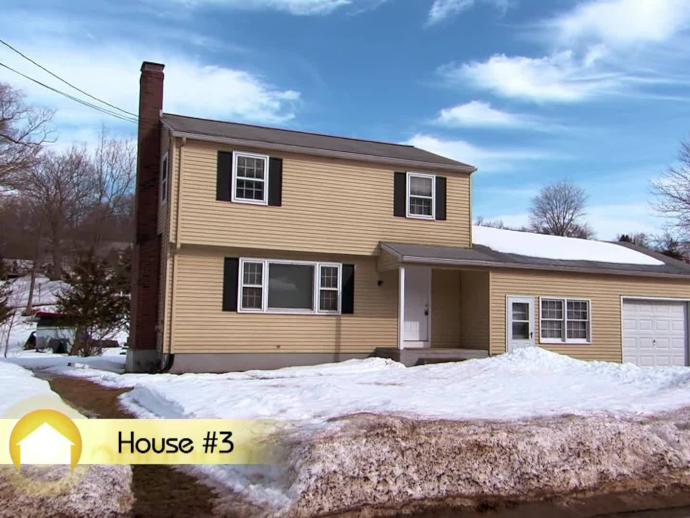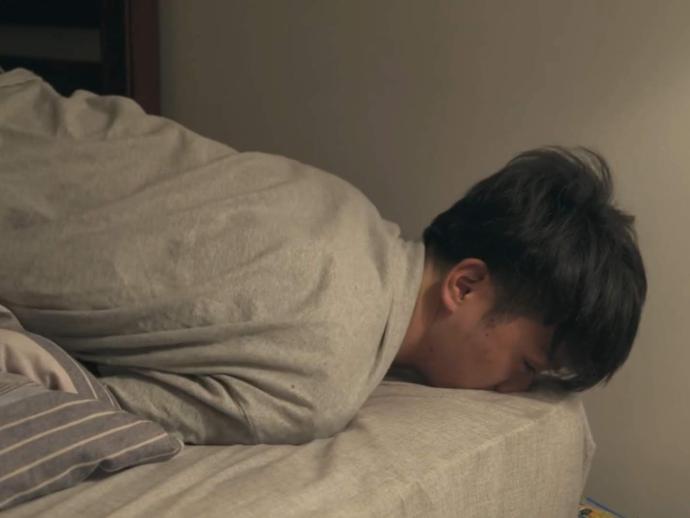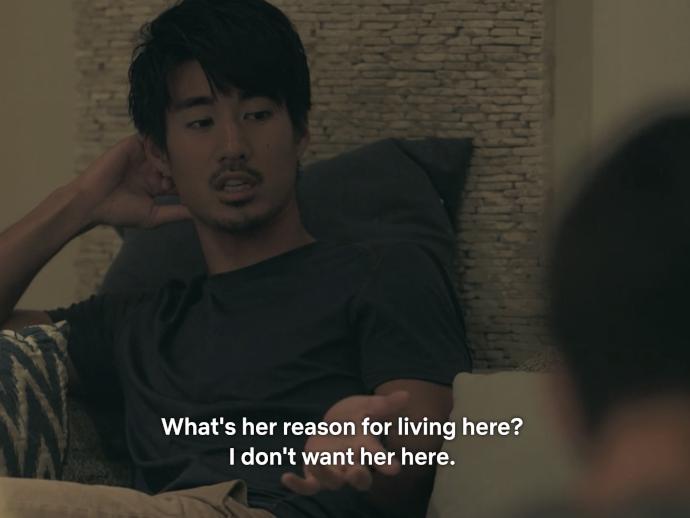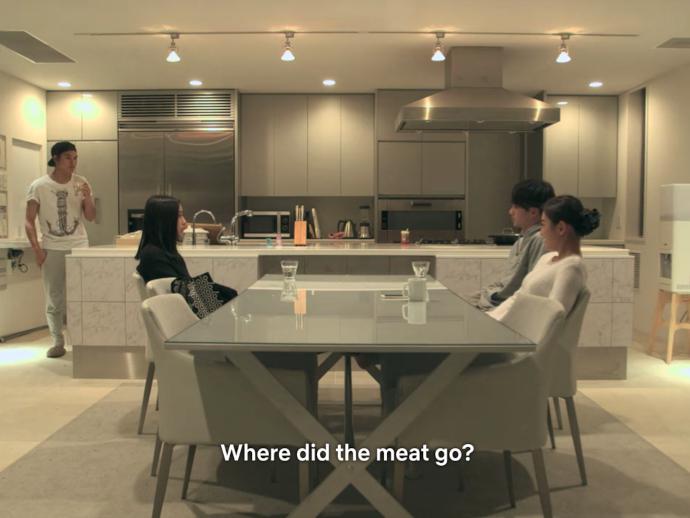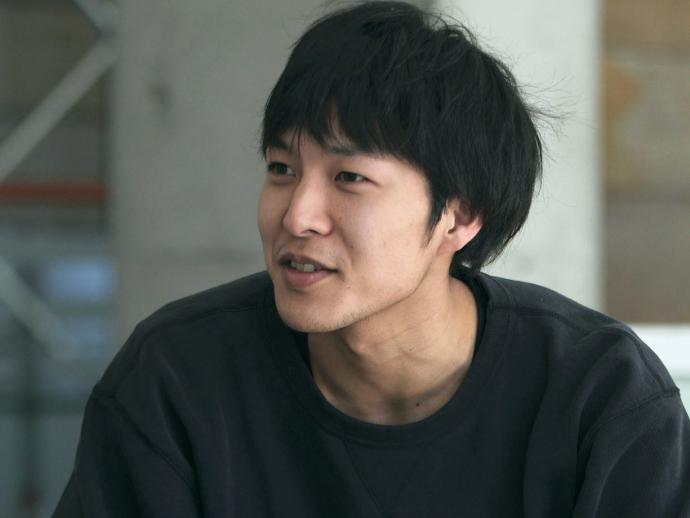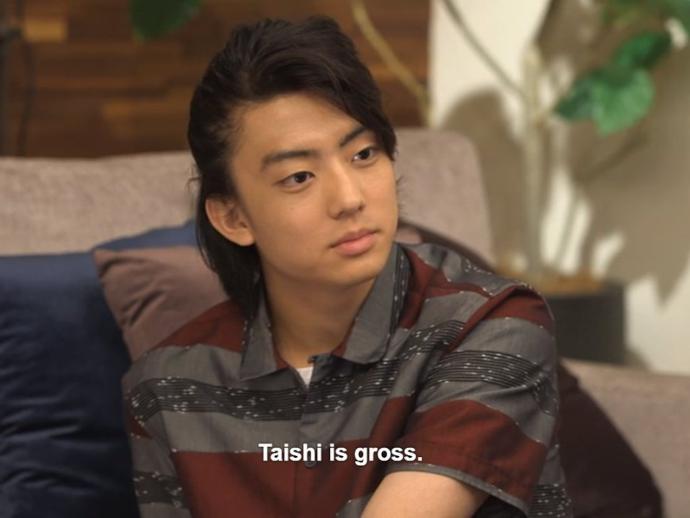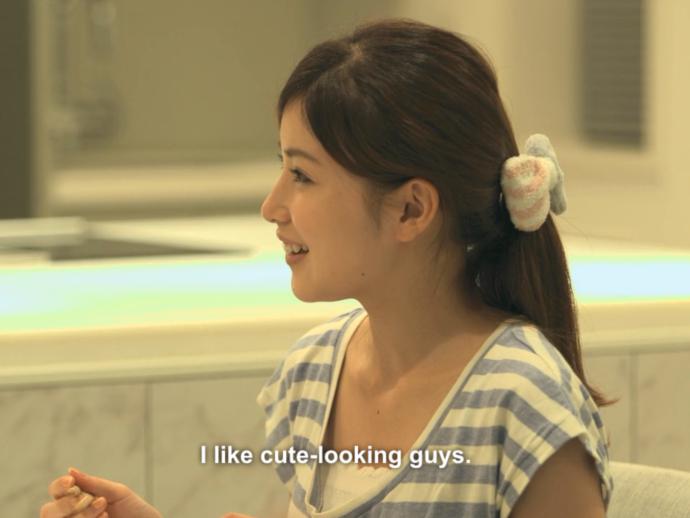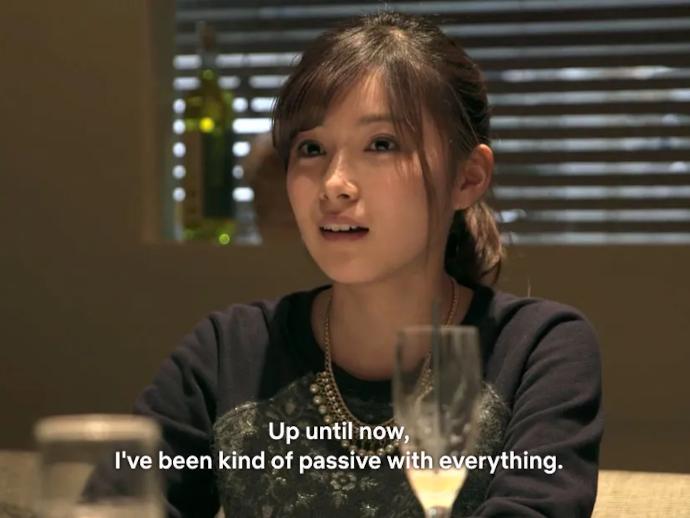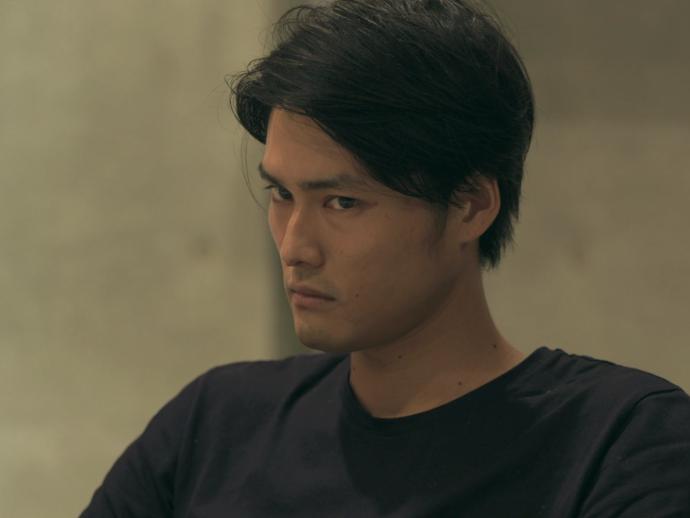I’ve come close to tears in a few episodes of MasterChef and The Genius, but that’s about it. Outside of reality competitions, I’m usually either cringing or rolling my eyes with reality TV. The problem with reality TV is that it never delivers on its promise, which is that you—the viewer—can be a fly on the wall and peek in on real, authentic events that unfold without forced influence. The truth is that most reality TV shows are manipulated by producers to deliver episodes that’ll spike ratings. With creative editing, they can piece together footage to tell whatever story they want. If I’m going to watch a made-up narrative, there are hundreds of well-crafted movies and series that I can sink my teeth into. Why would I waste my time on fake reality TV? And then one day in 2019, I kept hearing good things about Terrace House, mainly that it wasn’t fake drama but real people living generally quiet lives. I decided to give it a try despite its “reality TV” label… and I was hooked within a few episodes. Terrace House is the real deal—the most notable example of a reality TV series that stays true to the promise of reality TV.
What Is Terrace House?
The premise of Terrace House is simple: 3 men and 3 women come together and live under one roof at the “Terrace House.” These people have jobs, families, and ambitions. They aren’t locked in or forced to go anywhere—they continue to live their lives, study for school, head to work, go on dates, and everything else that comes with life while staying at the house. Housemates stay at Terrace House for however long they want, and they can choose to leave at any point. Over the course of the show, housemates are replaced as they leave and the cast continually evolves, but always with 3-and-3 members. This perpetual evolution is one of the things that makes Terrace House so interesting to watch. The loss of one person can effect monumental shifts in house energy, and the addition of a new member can completely disrupt the house’s established dynamics. If there’s ever a period where you’re bored by the members, the show still strings you along because you’re wondering “Who’s going to leave next?” and “Who’s going to replace them?” There are cameras throughout the Terrace House, and sometimes there are camera crews who follow the housemates when they leave the house for activities elsewhere—shopping, commuting to work, meeting with friends, going on dates, etc. It’s an extremely mundane show in many ways, and that’s why Terrace House stands out in a sea of overdramatic reality TV shows: it’s calm, collected, and as close to genuine as reality TV gets. Consider the fact that one of the most exciting and iconic moments of Terrace House is when some housemates eat another housemate’s expensive meat that he’s been saving—followed up by three episodes on the aftermath of that incident. Because Terrace House is so subdued compared to normal reality TV, every little interaction matters that much more. Much of the show’s magic can be attributed to the Japanese production team, who clearly have different ideas as to what makes a great reality show compared to American production teams. And seeing the various Japanese cultural nuances and how the Eastern social dynamics play out between housemates is intriguing. Each episode of Terrace House generally covers about a week in the life of the housemates. When something interesting happens (like the aforementioned meat incident), episodes can become more compact and cover less time. It’s structured but fluid. Terrace House consists of several different separate series. Each time a series ends and a new one begins, the location of the house changes and the cast starts afresh with six new members. As of this writing, there have been five Terrace House series:
The original Terrace House: Boys and Girls Next Door ran for a whopping 98 episodes.Terrace House: Boys and Girls in the City ran for 46 episodes.Terrace House: Aloha State ran for 36 episodes.Terrace House: Opening New Doors ran for 49 episodes.Terrace House: Tokyo 2019-2020 ran for 42 episodes.
Is Terrace House Real?
The answer depends on how you define “real.” Is Terrace House completely authentic and divorced from all outside influence? No, of course not. The logistics of television make that impossible—and at the end of the day, Terrace House is still a work of television that needs to turn a profit. However, it would be truthful to say that while Terrace House is produced, it isn’t scripted. What’s the difference? For starters, there’s an audition process that people who want to live at Terrace House must go through, and the producers filter out applicants who are too boring or awkward to be on camera. And you have to imagine that the kinds of people who’d apply to be on a show like Terrace House to begin with tend to be the type who want to be on camera for whatever personal reasons. That alone self-selects for people with big personalities. And when a housemate leaves, the next member to come in may be selected according to how the producers want to affect the dynamics at Terrace House. Whether they think the house needs more energy or more romance, they’ll adjust the cast accordingly. Furthermore, filming at Terrace House doesn’t happen every day. The cameras are set up at the house on certain days of the week, and housemates are asked not to have “big discussions” or “big encounters” on non-filming days. If housemates have a big event going on outside the house—such as meeting with a romantic interest or going to a job interview—they let the producers know ahead of time so the camera crews can obtain permission to set up their cameras on location. And according to a few former housemates, the producers do prod the housemates in certain ways. They may discourage boring behavior and whisper ideas to spice things up, particularly when it comes to romance. They love capturing love on camera. All of that means that Terrace House is produced. But Terrace House has never been scripted. The producers never tell housemates what to say and never force housemates to do anything they don’t want to do. They don’t craft storylines ahead of time and force housemates to play them out. What you see on screen is true to what’s really happening at the house. There may be some deceptive editing at times, but none of the storylines are staged—at least by the producers. (Some housemates have been known to act differently when cameras are around.) The housemates of Terrace House develop real relationships with each other, and a lot of their relationships persist even after they leave the house. You can see how this holds true by taking a peek at some of their social media accounts to this day.
Why Is Terrace House So Popular?
Yes, there’s a lot of romance in Terrace House and that’s to be expected in any reality TV series like this. Watching the seeds of a relationship form as members flirt… Biting your nails because couples can’t align their priorities… Feeling sympathy when the one you’re rooting for gets rejected after summoning the courage… It’s all part of the fun. But romance isn’t everything on Terrace House. What’s even more captivating than love are the friendships, bromances, and rivalries that develop between platonic housemates. Mentor-student relationships and brother-sister relationships between housemates are insightful as wisdom passes from one to another. But the most interesting thing about Terrace House for me? Seeing housemates resolve conflicts with each other. The people on screen are real people with real relationships, with real problems and real solutions. They fight and glare at each other, but they also talk things out and find resolutions. I’ve actually learned a lot about myself while watching Terrace House. In the housemates I detest, I see my own flaws and weaknesses reflected back at me. In the housemates I admire, I see how much more I can still grow in my own life. Other reality TV shows are so disconnected from reality that they leave nothing to glean. And if you ask me, that’s the special ingredient in Terrace House that draws in viewers from all over the world. Read next: What are Korean variety shows and why are they so addicting?

